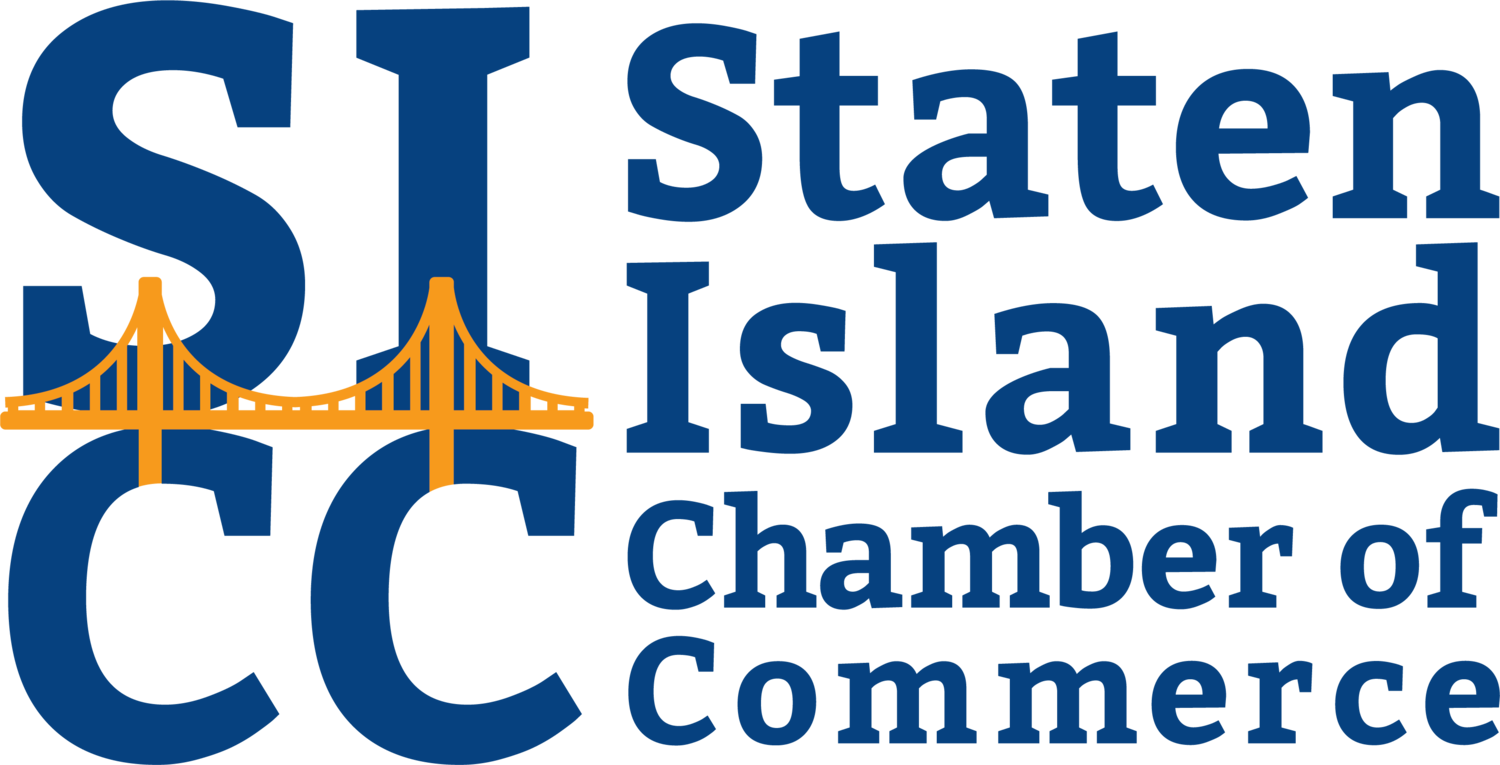Families can count on Recovery Works Counseling Service for support
When it comes to helping people recover from addiction, Cecelia Velez knows it doesn’t fall solely on the person struggling. She knows that the family also plays a major role.
“I started out working with families of alcoholics and families of drug addicts. At the time when I was starting to work, what was happening was they were realizing you can take a person out of the family and get them into recovery. But when they came back to the family, they slipped and regressed,” she said. “What I work with is the family of understanding the family roles in the addictive disorders.”
It has been 30 years since Velez started with Recovery Works Counseling Service and 25 years since she joined the Staten Island Chamber of Commerce. In that time, she has noticed a recent shift in the perception of addition.
“I think people aren’t so shamed by what’s going on. We’re more aware. We want to deal with our issues and not hide them,” said the director. “It’s a social issue. It’s not a private issue any longer. Before, it was my family versus your family and people wanted to hide it. Not today.
“It’s a village. It’s unity. It’s helping each other,” said Velez. “I think the basics is that families have to learn to look at ourselves. We have to look within and see how our behaviors are affecting each other. I think we’re more aware today, but I think we need skills on how to live in a family today.”
Just as Velez feels it takes a village to help, joining a strong group was one of the reasons she joined the Staten Island Chamber of Commerce back in 1993.
“I feel like I’m doing something for my community. I belong with a group of people who support it,” she said.
The theme of support is something that Velez feels is important to help address addiction.
“I think we have more available to us as far as emotional health is concerned. People are more open-minded in seeking help.
“I’ve been around for a long time. I see that if I started working with a teenager, since I’ve been here 30 years, I might be working with that teenager’s granddaughter today or with the children of the families,” she said. “What I’m really seeing is how addictive disorders go on through families and generations if they’re not addressed. My belief is that is how we may wind up with mental illnesses in three or four generations.”

